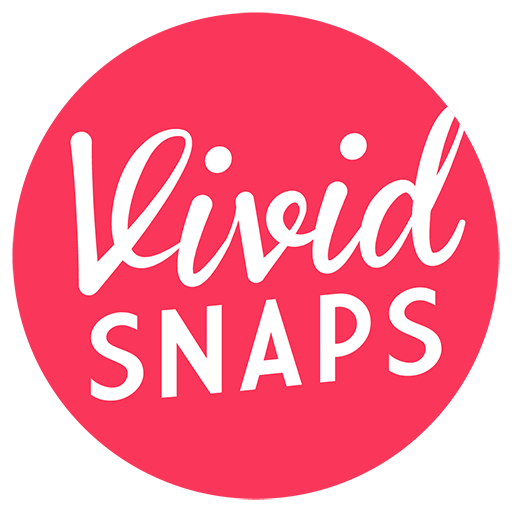When you are finding a job that best suits you, the words “organising” and “events” may come to mind but yet, you are still unsure of what it truly does and how it can benefit you.
In this article, we introduce you the meaning of internship in event management and what you may expect while taking up the role.
What is Event Management?
Event management is the process of executing projects from pre-planning to handling post-event deliverables. While event management goes by many different names such as project coordinating and event planning, its key role is to achieve the project’s desired outcome in the most effective and efficient way.
Event Management Internship
Internship in event management exposes our interns with many opportunities to develop the necessary soft and hard skills. With our focus on media production, interns are equipped with the right knowledge and first-hand experience to bring ideas to life for our clients in the ever changing media landscape.
To give you a better understanding of how event management works, let’s hear from one of our Project Coordinator interns, Danial Izwan Shahri, of his experiences while being with us!
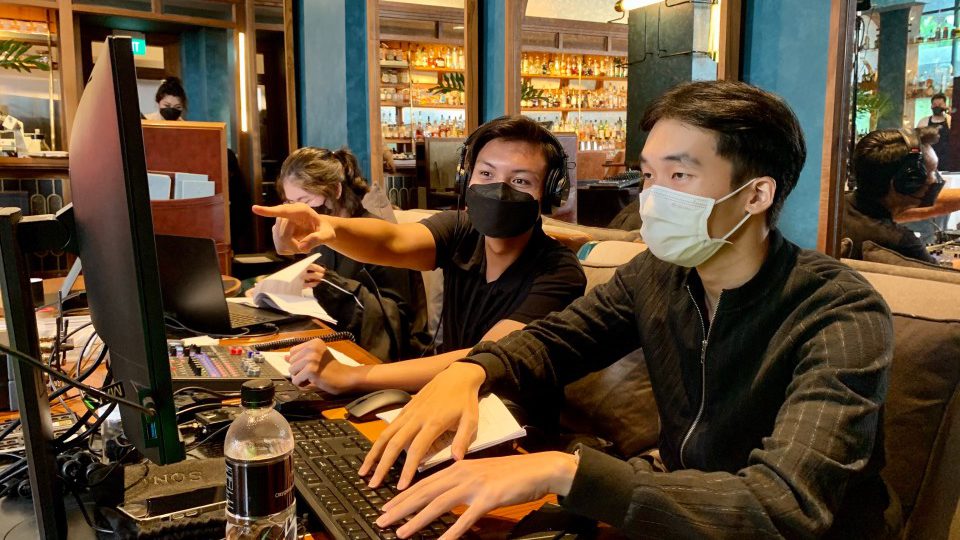
Why Event Management?
Why did I choose event management?
I have always wanted to explore the world of project management. My interest in managing events sparked when I had the opportunity to organise camps and events during secondary school. As a current Mass Communication student, the role of a Project Coordinator intern allows me to expand my knowledge in both event management and video production.
Why Should You Take Up the Role in Event Management?
If you don’t know where to start for your career, this is a good role to begin to expose yourself to as many things as possible! As a Project Coordinator, I did not only learn how to bridge clients’ requirements with our talents, but I was able to learn how the different departments work.
Since it was crucial for me to ensure everything was in order, I had opportunities to learn from my colleagues in the videography, photography and video editing departments. This allowed me to be more certain and confident to execute my work.
Here are some of the skills you will get to learn and improve while picking up the role:
- Planning and Directing
- Written & Verbal Communication
- Time Management
- Creative Thinking
- Critical Thinking & Adaptability
- Accountability
The Process: From Start to End (What to Expect)
Phase 1: Drafting quotations & proposals
Coordinating projects isn’t only about delivering a successful outcome but it is also about suiting clients’ needs through proper planning, management, and execution.
While you may have heard Ralph Waldo Emerson’s life quote where “it is not the destination, but it’s the journey”, both the planning process and outcome hold equal importance.
Planning starts as early as when you receive enquiries from potential clients on the services that the company provides. You will draft out quotations relevant to your customers’ requirements and ensure there is enough manpower to execute the job. You will also need to plan ahead on the calendar to ensure everything is on the right track and according to plan.
Phase 2: Pre-Event / Pre-Production Planning
Once you’ve confirmed the job, you’re ready for the adventure!
The projects you work will require you to work behind the scenes. Depending on the project’s requirement, you may find yourself sharing different kinds of ideas with the team, creating storyboards and shooting schedules.
In my experience, creating the event’s programme rundown has allowed me to learn the importance of time management and accuracy of providing the different assets. It also gave me a lot of satisfaction from owning my work as I understood clearly what is needed for the event. Working in a team definitely makes things easier due to everyone having their appointed roles.
Phase 3: Event / Production Day
The day of your event has finally arrived for you and your team to execute. For most times, everything will go according to plan. For other times, there will be last minute changes and issues you’ll face along the way, and that is completely normal!
One of the challenges my team and I faced was when we had an issue with the client’s asset on the day of a live stream event. This was despite ensuring everything was in good order and considering many unfavourable outcomes. Even with the minor errors, I was surprised by the team’s critical thinking, flexibility, adaptability and teamwork to resolve the issue.
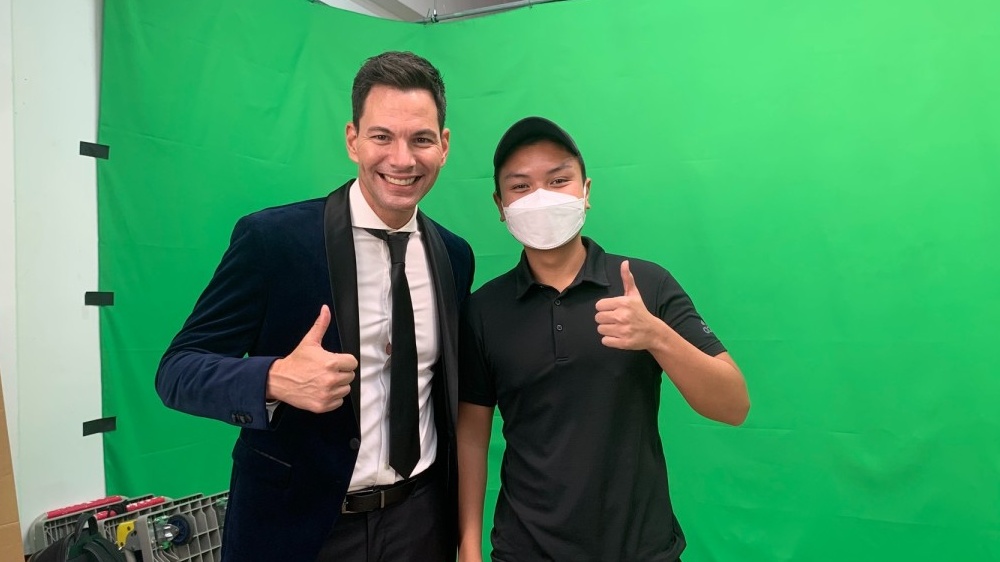
Phase 4: Post-Event Engagement
It’s a pat on the back after a successful event, but that’s not the end yet. Some projects may require post-event services such as video editing and collating poll results. After arranging payment, the best way to end the engagement with your client is on a good note with smiles on their faces. As you wave them goodbye, you may expect them to return back to secure another job with you.
Why intern at Vivid Snaps?
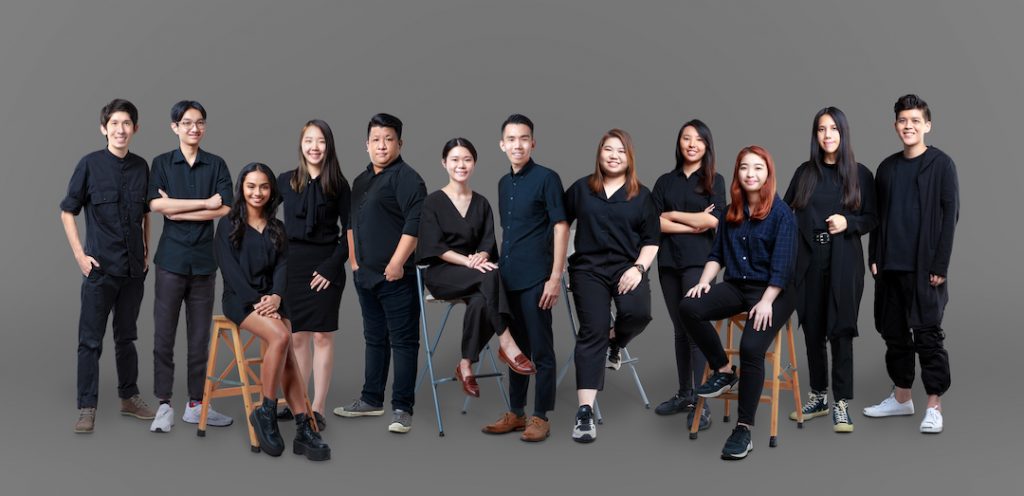
With the company’s nurturing work environment, everyone is willing to help one another. From managing audio to setting up equipment, I wasn’t afraid to make mistakes and improve myself in the process.
Opportunities will be given to you to improve your skill sets. For instance, I have been given other opportunities beyond my job scope such as writing creative scripts and managing content on the company’s TikTok account.
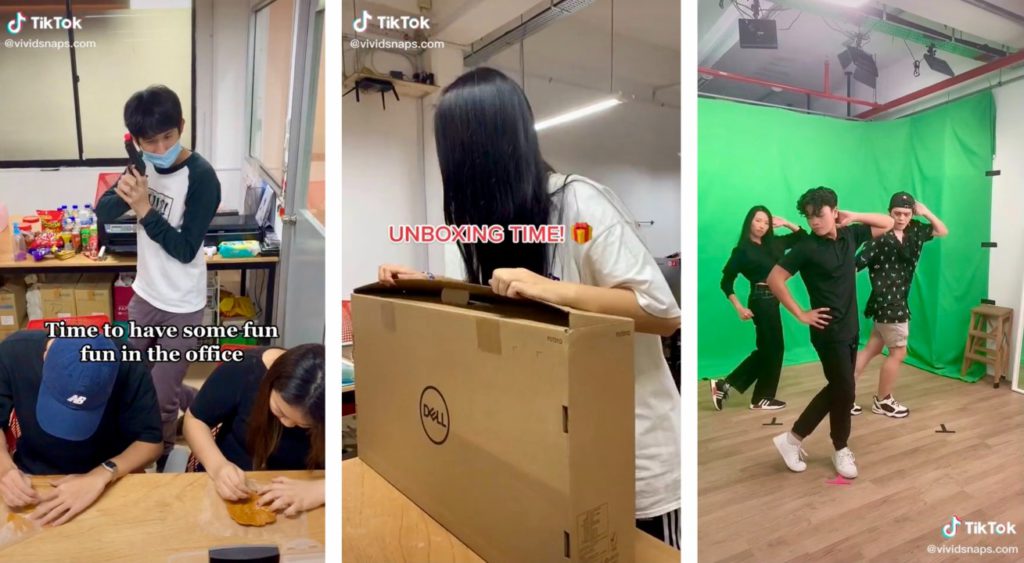
My internship journey was definitely an insightful learning and working experience for me through the projects that I was involved in.
Here are the types of projects you can expect to manage at Vivid Snaps:
- Event Photography
- Event Videography
- Filming (Video Production)
- Live Streaming & Hybrid Events
- Remote Video Production
- Event Photography
- Event Videography
- Filming (Video Production)
- Live Streaming & Hybrid Events
- Remote Video Production
